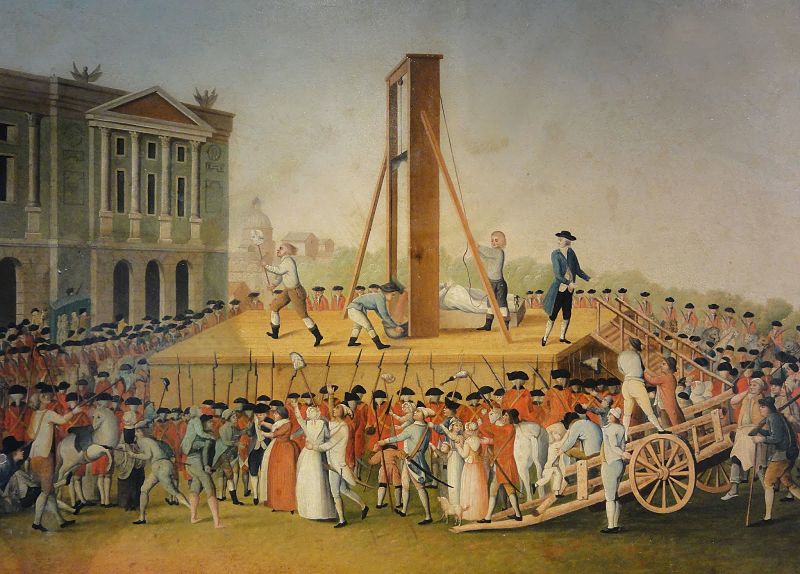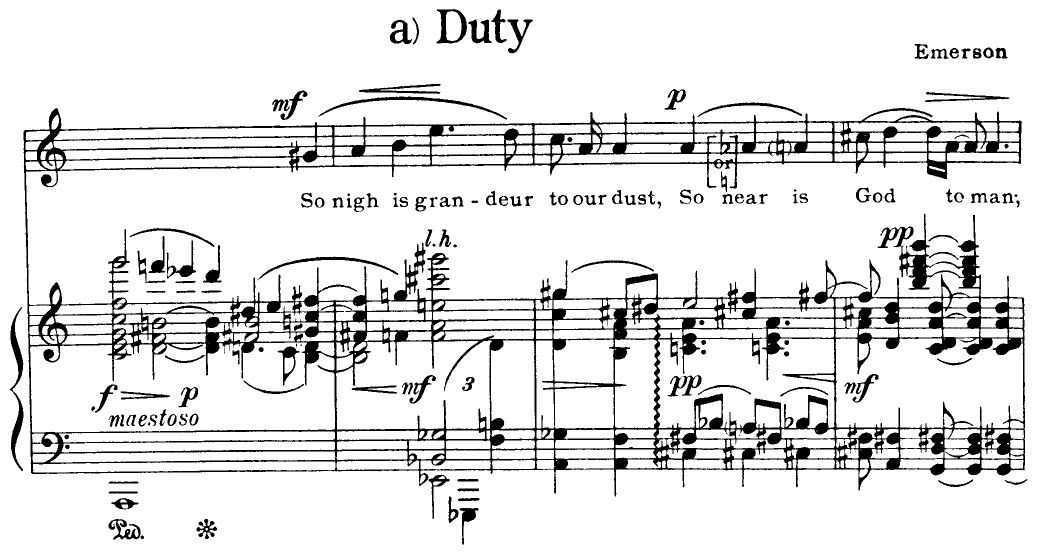In 2011, journalist Alex Renton’s 6-year-old daughter Lulu passed him a letter and asked him to see that it reached the addressee:
To God how did you get invented?
From Lulu
He sent the letter to family members, Christian friends, the Scottish Episcopal Church, the Church of Scotland, and the Scottish Catholic Church. None sent a satisfactory reply. Then he sent it to the Anglican Communion and received this response from Rowan Williams, then Archbishop of Canterbury:
Dear Lulu,
Your dad has sent on your letter and asked if I have any answers. It’s a difficult one! But I think God might reply a bit like this –
‘Dear Lulu – Nobody invented me – but lots of people discovered me and were quite surprised. They discovered me when they looked round at the world and thought it was really beautiful or really mysterious and wondered where it came from. They discovered me when they were very very quiet on their own and felt a sort of peace and love they hadn’t expected.
Then they invented ideas about me – some of them sensible and some of them not very sensible. From time to time I sent them some hints – specially in the life of Jesus – to help them get closer to what I’m really like.
But there was nothing and nobody around before me to invent me. Rather like somebody who writes a story in a book, I started making up the story of the world and eventually invented human beings like you who could ask me awkward questions!’
And then he’d send you lots of love and sign off. I know he doesn’t usually write letters, so I have to do the best I can on his behalf. Lots of love from me too.
Archbishop Rowan
Renton read it to Lulu. “It went down well,” he wrote later. “What worked particularly was the idea of ‘God’s story.’
“‘Well?’ I asked when we reached the end. ‘What do you think?’ She thought a little. ‘Well, I have very different ideas. But he has a good one.'”









